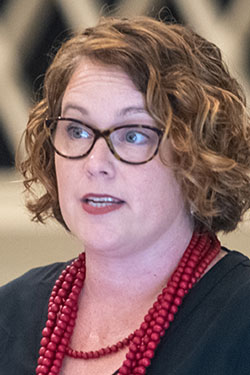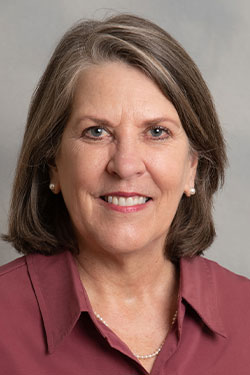English Major
September 24, 2014 2025-02-16 15:57English Major
Explore the Power of Words
English Major
Dive into literature, writing, and critical analysis.
Study Abroad
Leadership & Professional Development
Career-Ready Curriculum
Bachelor of Arts in English
Being an English major is about more than writing and reading books — much more. As an English major at Lynchburg, you’ll develop your reading and writing skills, but you’ll also improve your critical thinking abilities and gain valuable experience in literary analysis and criticism. Your classes will cover literature, from medieval times to the present day, and writing — expository, creative, professional.
As an English major, you’ll also learn how to read people and understand their ideas. We need to understand how people communicate through words on paper or online. So you’ll learn how to write effectively, but you’ll also learn how to interpret what other writers are saying through their work.
Curriculum and Resources
2024-25 Academic Year Information
Program requirements for the following can be found in the undergraduate catalog.
- English (BA)
What Jobs Can I Get With an English Degree?
English graduates are skilled in effective communication, critical thinking, creativity, and analysis, making them excellent candidates for a wide variety of career fields. While traditional career paths include writing, editing, publishing, teaching, and law, English majors also find unique and lucrative opportunities in technology, business, public relations, and other sectors.
This will guide you through some of the most rewarding and promising career paths you can pursue with an English degree, proving that this field of study is as versatile as it is enlightening.
English Careers and Salaries
As an English major, a wide range of career opportunities are available to you — jobs that are not only rewarding but also offer competitive salaries. Let’s explore some of these opportunities.
- Brand Strategist: $101,508
- Copywriter: $56,940
- Editor: $59,531
- Grant Writer: $52,005
- Medical Writer: $85,267
- Social Media Manager: $55,117
- Technical Writer: $68,555
- Lawyer: $127,990
- Literary agent: $79,894
Career Paths Taken by Lynchburg English Degree Graduates
What are our graduates doing?
- Assistant commonwealth’s attorney for Franklin County, Va.
- Author, editor, filmmaker
- Editorial assistant at Lippincott, Williams & Wilkins, Baltimore
- Education director/volunteer coordinator at Avoca Museum, Altavista, Va.
- Literary agent and Janklow and Nesbit
- Production manager at Disney Publishing Worldwide
- Professor at University of North Carolina at Greensboro
- Relay For Life training/resource manager, Virginia/West Virginia
- Software engineer at Pivotal, Silicon Valley
And graduate schools:
- Appalachian School of Law
- Auburn University
- Bennington College
- Elon University Law School
- SUNY Buffalo
- UNC Wilmington
- Virginia Commonwealth University
The Growing Field for English Degrees: A Look at the Future
As an English major, there are a variety of high-growth areas within the realm of writing that you might consider for a career. Particularly noteworthy fields include technical writing and medical writing, both of which are projected to grow by 12% by 2030. These fields offer competitive salaries and the opportunity to leverage your research skills, simplify complex information, and communicate.
The consulting field, with a projected growth of 14% by 2030, also presents substantial opportunities for English majors. While not strictly writing-focused, consulting relies heavily on effective written and verbal communication skills — skills you’ll gain as an English major.
Additionally, your writing skills are highly valued in the growing areas of social media management, brand strategy, and public relations management. Each of these fields is expected to grow by at least 10% by 2030.
As the digital age continues to evolve, so does the demand for clear, concise, and engaging written communication. The skills and abilities you develop as an English major, particularly in professional writing, are highly valuable and applicable across various high-growth industries and career paths.
Salary and job projections come from national averages in the Bureau of Labor Statistics and other sources, including Glassdoor, Indeed, and industry-specific posts and publications. The data is meant to provide you with an idea of career options and salary ranges, not as a guarantee of obtaining these positions after graduation. These represent national averages and may vary by source and time frame collected. Actual salaries vary by region. Some jobs may require additional training or graduate education.
Alan Chidsey Dickson, PhD
Aubrey Plourde, PhD
Beth Savage, PhD
Cheryl Devon Coleman, PhD
Elizabeth Sharrett, PhD
Jeremy Bryant ’03, ’10 MA, MFA
Kelly Jacobson, PhD
Leslie Layne, PhD
Meghan McGuire, PhD
Nina Salmon ’93 MEd, PhD
Rachel Willis ’15 MA, MEd, PhD
Robin Bates, PhD
















